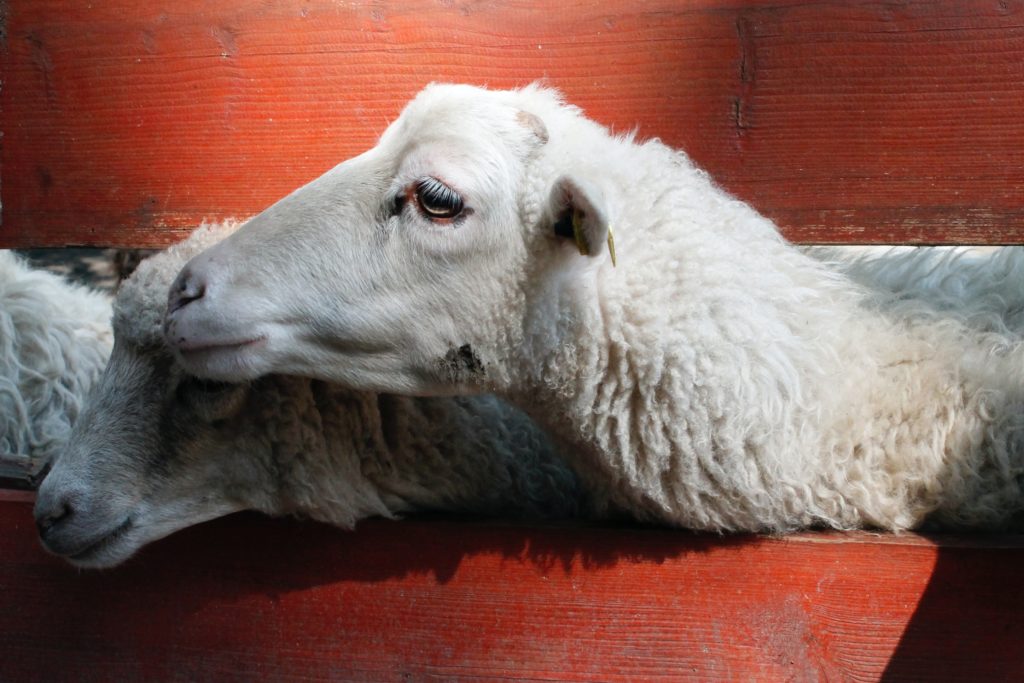Disclaimer: Zoophilia, sexual attraction of a human toward a nonhuman animal, which may involve the experience of sexual fantasies about the animal or the pursuit of real sexual contact with it (i.e., bestiality). Sex between humans and animals is illegal in many countries.
Some people may search for “animal sex” out of curiosity or due to exposure to inappropriate content. It’s important to note that engaging in such behavior or even searching for such content can have harmful effects on an individual’s mental health and well-being. If you know someone struggling with such urges, seeking help from the right professional is important.
What is Animal Sex?
“Animal sex” refers to sexual behavior between animals of the same or different species. In case a human being is involved, that person is often considered to have zoophilia.
What is Zoophilia?
Zoophilia, or bestiality, is a paraphilia in which a person experiences sexual attraction, romantic attraction, or emotional attachment toward animals. It involves engaging in sexual activity with animals.
Why do some people get attracted to animals?
A study of self-identified zoophiles found that some are attracted to the unique appearance and odor of animal genitalia. In contrast, others are attracted to the taboo nature of the behavior. While earlier research suggested that zoophilic behaviors were temporary and transitory, recent studies show that most male and female zoophiles engage in such behavior as their sexual preference, usually out of a sexual desire toward animals.
Who is prone to zoophilia?
Based on the study that involves an illiterate adolescent male with zoophilia, these are the risk factors:
- Minimal physical and social access to the larger community
- History of childhood sexual abuse
- Exposure to pornography containing bestiality and voyeurism content
- Substance abuse
- Psychological traits such as low self-esteem, infantile social behavior, and less sensitivity to criticism.
- Living in rural areas
- Male
- Low levels of education
- Low social attachment
Is it a sign of craziness?
Zoophilia can be a sign of psychosis (the medical term for crazy), but due to a small sample size and unreliable data, it is difficult to definitively state that it is an early or any other sign of psychosis. Therefore, further research is needed on the connection between psychiatric disorders and paraphilic behavior.
What are common animals involved?
According to Miletski’s research, dogs are the most common animal involved in first contact, accounting for approximately 63% of individuals. Horses come in second at 17%.
How often do they have sex?
It was also found that 83% of men engaged in such sexual activities about three times a week, but the frequency varied widely from once a year to thrice a day.
Are those with Zoophilia Single?
Primarily singles, but 26% of the men and 9% of the women were married and living with their partners while simultaneously having sex with animals.
What is the action of the Government?
Zoophilia is generally considered a form of animal abuse and is illegal in many countries. The practice is widely condemned by most societies and organizations that advocate for animal welfare and protection. However, it is essential to note that zoophilia differs from zoosadism, which involves deriving pleasure from harming or killing animals.
What is the treatment?
A multimodal approach is the recommended treatment for zoophilia, emphasizing the ego-dystonic nature of the problem and the client’s motivation to change. It means that therapeutic techniques and interventions involve addressing multiple aspects of a person’s functioning, such as thoughts, emotions, behaviors, relationships, and spirituality.
For those individuals who have refractory treatment, hormonal treatment such as Lupron (leuprolide) has been shown to have good results.
But even with such treatment, the underlying attraction and desire are unlikely to disappear completely.
Where to Seek Help?
Patients with zoophilia may benefit from seeking professional help from a licensed therapist or counselor with experience working with individuals with sexual disorders or paraphilias.
A good starting point would be to contact a mental health professional or clinic specializing in sexual health. They may be able to provide information on the right sexologists who have experience working with individuals with zoophilia.
